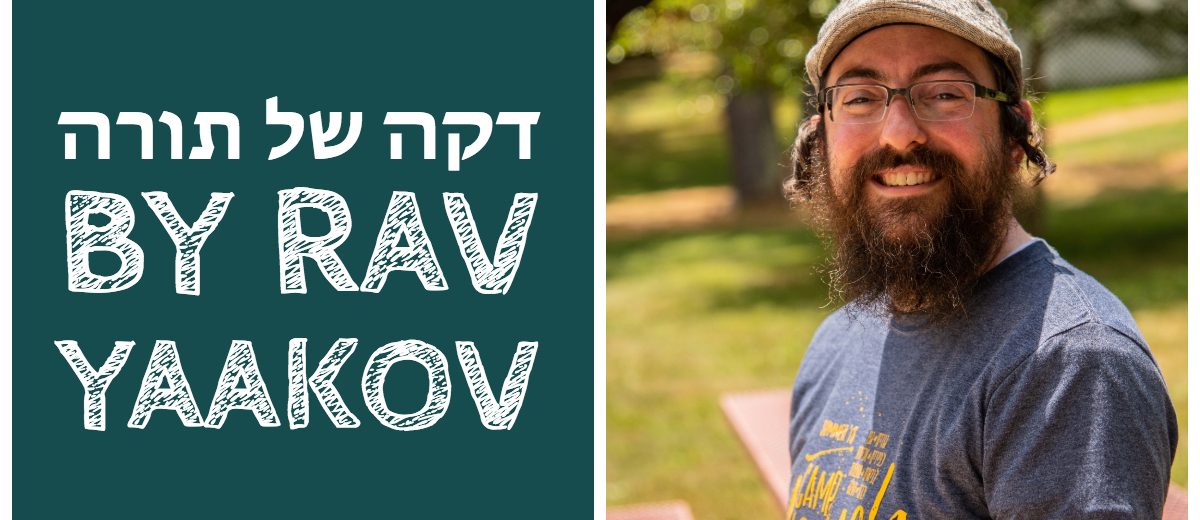Gratitude is Holy
This week’s parsha lists the various types of sacrifices that the Israelites offered to God in the mishkan. Among the various offerings (sin offerings, holy day offerings, etc) one stands out: todah offerings — offerings to give thanks. The Gemara states that four types of people have an obligation to bring these todah offerings: one who crosses a sea, one who crosses a desert, one who has recovered from a serious illness, and one who has been released from prison. We can understand the first three categories as being saved from something life-threatening, but is being in prison as dire a situation? It’s clearly very unpleasant, but is it a matter of survival as its counterparts?
The Maharsha (16th-17th century Poland) states that these four occasions in particular require todah offerings as they each limit our ability to serve God — being ill, being far from home, and not being free. With Pesach around the corner, this parsha has even greater meaning. We could not truly serve God until we were redeemed from the prison of Egyptian slavery. Once freed, however, we have the immediate obligation to not simply offer gratitude, but to truly give thanks with celebration, in community.
The todah offering, extraordinarily, was brought along with 40 loaves of bread and was eaten that same day with one’s friends and family, in a festive meal. One person’s gratitude became a community feast! Judaism has codified this practice of giving thanks as a personal practice, not only as a public one. Each morning the first words we say upon opening our eyes are “Modeh/modah ani lifanecha…” offering gratitude to God for another day. Modeh/modah, a conjugation of todah, comes before ani, me. Gratitude comes before everything else that day, even before oneself. Appreciating what we are given from God and from one another — in private, in public, with words, with offerings — is a central part of Judaism. Thanks to you, for reading.
Questions for the Shabbat Table:
- At camp, we say modeh ani every morning. What do you think about when you say modeh ani?
- In the past year, what has held you back from serving or connecting with God? What was your personal Egypt?
- When you give thanks, what are ways that you could incorporate your community into your celebration?




